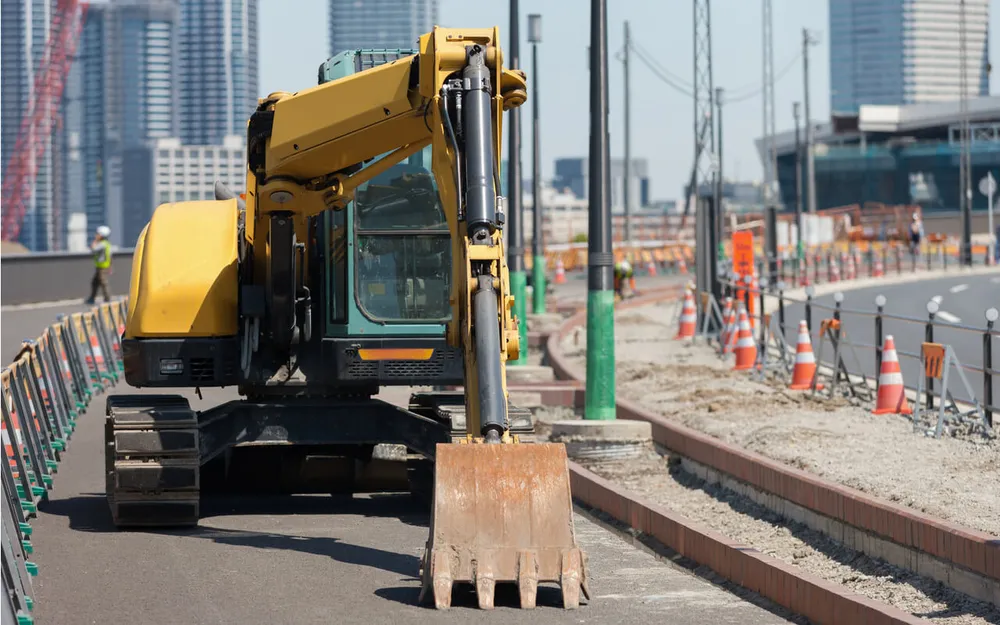
She emphasized the importance of "diagnosing" and "treating" this issue by identifying key stages for resolution.
JOURNALIST: - Madam, the issue of delays in public investment in Vietnam has garnered much attention, with some even referring to it as a "serious disease" with no apparent cure. What is your perspective on this matter?
Ms. VŨ HOÀNG QUYÊN: - It is indeed true that concerns surrounding "diseases" in public investment have been prevalent. The question is, with numerous "ailments" to address, which ones should be tackled first and which can follow? From my standpoint, public investment in Vietnam encounters three primary bottlenecks that necessitate attention.
The first challenge is the project approval process, primarily due to suboptimal input quality. In addressing this issue, Vietnam can learn valuable lessons from China's planning and licensing system. Second, the bidding planning method needs to align more closely with international best practices. Vietnam should work towards designing strategic bidding plans based on market analysis information, including the evaluation data of previous bidding packages and the lessons learned from previous experiences.
Lastly, policies and institutions in Vietnam lack synchronization. Despite being governed by the same institutions and policies, some units and localities manage well, while others exhibit weaknesses and delays. Addressing this issue requires a focus on weaker areas, with solutions informed by data, evaluations, and continuous updates. Technology, such as the Treasury And Budget Management Information System (TABMIS), should be integrated for enhanced project monitoring.
The national master plan has introduced the concept of "4 dynamic regions" and emphasized regional connectivity. However, several legal and institutional bottlenecks obstruct regional integration. The National Assembly is presently amending various laws, and this revision is expected to address these obstacles, promoting investment links in the process.
- As you've mentioned, delays in public investment in Vietnam can have adverse effects on the economy. Can you elaborate on these impacts?
- It is accurate to state that the sluggish implementation of public investment projects can significantly impede economic growth. Over the past five years (2017 - 2022), the investment budget allocated for public investment in Vietnam consistently fell below initial estimates. On average, only 77% of the allocated estimate was disbursed. This was accompanied by a substantial difference between the estimated amount and actual disbursement, reaching as high as 23%.
One reason for this discrepancy is the delay in public investment projects, leading to higher project costs than initially estimated. Recent assessments by the World Bank on several large-scale transportation projects reveal an average delay of up to 5 years, with costs doubling their initial budget estimates at the design and budget allocation stage. Moreover, investment efficiency remains low due to allocation duplications, implementation challenges, negative externalities, and suboptimal mobilization of financial resources from the private sector.
- Some experts argue that the economy, as well as individual localities, still exhibit low capital absorption capacity. Do you believe that public investment should be distributed appropriately?
- Vietnam still has a substantial path to tread in terms of capital accumulation. Successful economies that have achieved remarkable and sustained growth, particularly in the Asian region, such as China, Korea, Malaysia, Thailand, and Indonesia, have consistently maintained a public investment-to-GDP ratio of at least 7% for 25 to 30 years. Capital accumulation has been a critical factor in their development.
Vietnam has witnessed notable transformations but remains in a challenging phase. To avoid falling into the middle-income trap and work toward achieving a high average income by 2030 and a high income by 2045, Vietnam must not only sustain current levels of capital accumulation but also enhance the efficiency of capital utilization. While decentralization has brought advantages, it has also resulted in challenges related to budget allocation from the central to local levels. This limitation is partially rooted in bottlenecks within the State Budget Law and the coordination mechanism between regions.
Another challenge lies in Vietnam's management of public policies, particularly concerning climate change. Addressing climate change necessitates improvements across all stages, from planning to design and implementation. Furthermore, norm and unit price-related aspects require fundamental changes and overcoming various limitations.
- Thank you for your valuable insights.




















